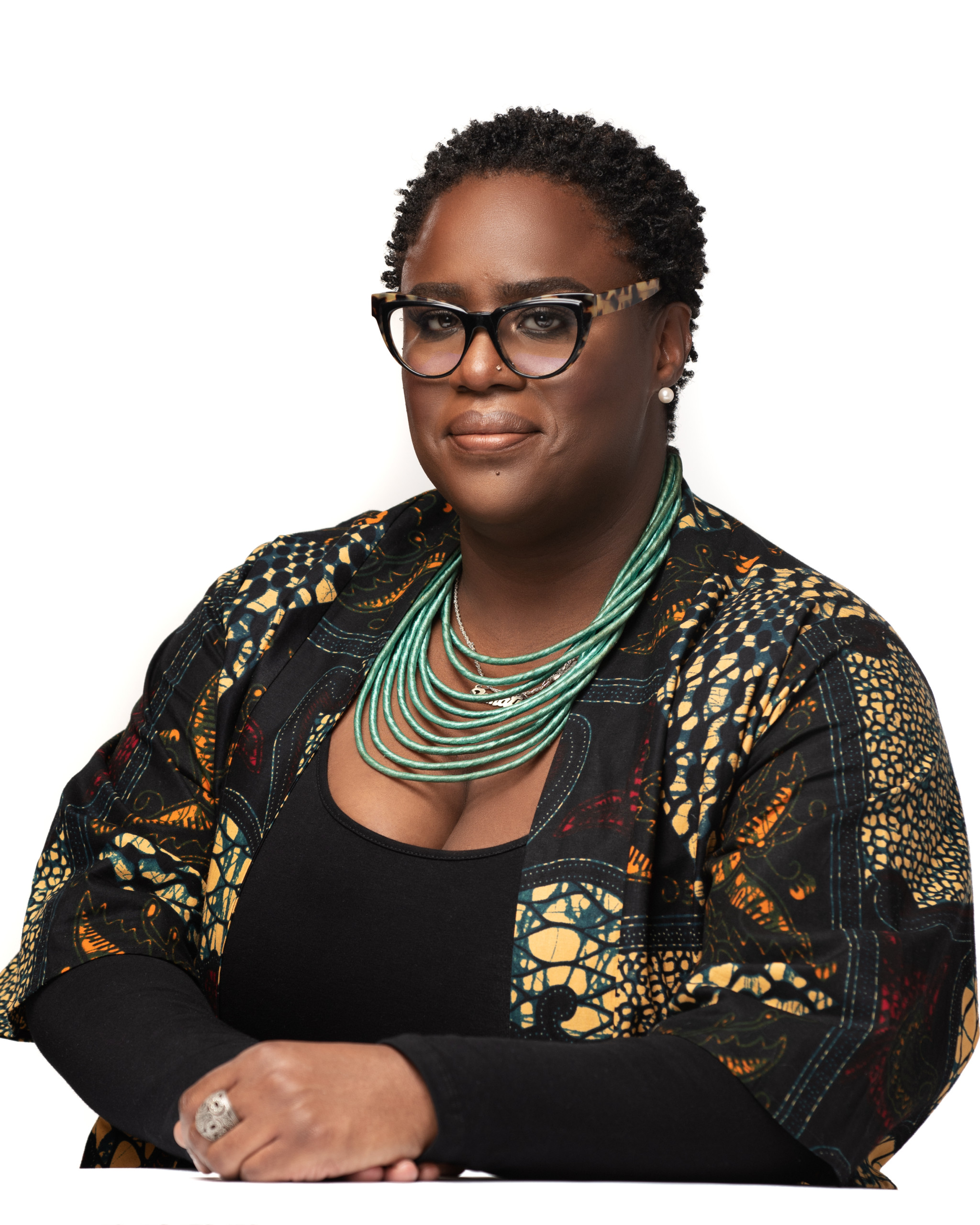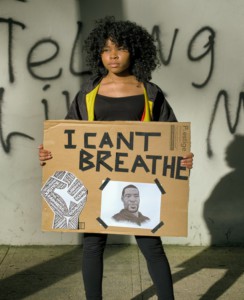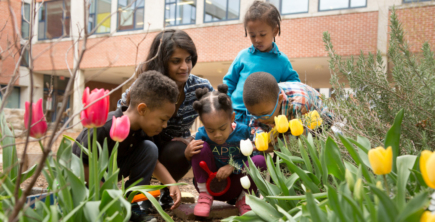
Impact

At a time when racial justice organizing has gained unprecedented momentum across philanthropy and society, a new collaborative of funders will work to reinvigorate and transform the field of children’s rights by building power with children, youth, and their allies.

“Without a sustained focus on the systemic causes of children’s vulnerability, the field of children’s rights is guaranteed to fall short of its vision for the full freedom, safety, and dignity of children around the world,” said Dr. Ramatu Bangura, CRIF’s Executive Director.
The Children’s Rights Innovation Fund (CRIF) is inviting funders to come together to learn, innovate, and collaborate to address the multiple root causes of children’s vulnerability—starting with a focus on the manifestations of colonialism, neo-colonialism, racism, and anti-Blackness.
This new fund, which is expected to launch later this year, is premised on the conviction that the field of children’s rights is at a fundamental crossroads. The field can either continue to focus on the surface symptoms of children’s vulnerability, or it can rise to meet this moment by naming and addressing the deepest drivers of injustice that shape the lives of the most marginalized children across the world. Tides Center will be the operational partner for the fund.
Dr. Ramatu Bangura, a respected philanthropic leader and long-time advocate for racial and gender justice, is leading CRIF as its executive director. Dr. Bangura served most recently as the program officer for adolescent girls’ rights at the NoVo Foundation.
“At the heart of the children’s rights field is a profound paradox,” said Bangura. “For generations, it has largely avoided investing either in children’s power or in the justice work required to make many children’s rights real. CRIF offers a chance for funders to innovate and experiment with a new way forward—beginning with a focus on the intersection of racial justice and children’s rights, and expanding to focus on additional root causes as we grow together.”
“All rights are children’s rights,” added Bangura, clarifying that CRIF stands as “an open invitation for all funders to radically deepen the impact of their work across multiple issues that shape—and are shaped by—children and youth. CRIF will apply an intersectional lens to children’s rights that leaves no aspect of identity or oppression off the table.”

© Obi Onyeador
CRIF is assembling an advisory community of funders to guide its work. It is also planning a series of webinars, online dialogues, and other learning sessions to foster a community of funders open to building relationships, learning, and growing together.
Funders who are interested in learning more are invited to contact CRIF at [email protected].
“This is a learning community for shared risk, experimentation, and candid dialogue,” said Bangura. “Our starting point is not about having all the answers, but about a willingness to ask tough questions, and to see where that leads us.”
Such questions include why one of the most vocal and well-funded fields of global development and philanthropy has largely avoided the topic of race; why the field remains cordoned off from broader social justice movements, even as those movements gain new power and prominence; and why children’s power is often met with suspicion and mistrust, even in other social justice spaces.
CRIF is a fiscally sponsored project of Tides Center. As such, Tides Center manages backend functions like human resources, finance, and legal, as well as strategic advising for new initiatives. Under this model, CRIF can continue to amplify its work to advance children’s rights globally, while also building the necessary infrastructure for sustainability.
“The Children’s Rights Innovation Fund is a powerful reflection of our passion for crossing boundaries, embracing risk, and leveraging every tool at our disposal to drive lasting social change where it is needed most,” said Joel Bashevkin, director of social ventures at Tides.

© Kiana Bosman
CRIF’s programmatic work will be organized around a series of key action themes called “containers” that address root causes of children’s vulnerability. The first container, DECOLONIZE!, will focus on youth activists and allies working to address colonialism, neo-colonialism, racism and anti-Blackness, with a geographic focus that follows the path of the TransAtlantic slave trade in West Africa and the Americas. Other containers will be designed in the future as funder partners come together to explore and address additional root causes.
While racism, anti-Blackness, colonialism, and neo-colonialism are experienced in very different ways in very different places, the systemic barriers they create to children’s rights are very real and are felt all over the globe. Examples include Afro-descendants in Mexico fighting for recognition and to be counted by their government, Black children facing heightened state and police violence in Brazil, de-naturalization laws in the Dominican Republic leaving Haitian children stateless, and the deeply alarming rates of missing and murdered Indigenous girls and young women.
“Without a sustained focus on the systemic causes of children’s vulnerability, the field of children’s rights is guaranteed to fall short of its vision for the full freedom, safety, and dignity of children around the world, said Bangura. “We hope that this new fund serves as a living call to action, a dynamic space for learning, and a source of momentum to realize this vision and make rights a reality for all children.”
To learn more, visit https://www.crifund.org.

Impact

Philanthropy

Just Health Fund

Read the stories and hear the voices of social change leaders fighting for justice.